Consortium Team
Meet the researchers and students driving our projects forward.
Principal Investigators
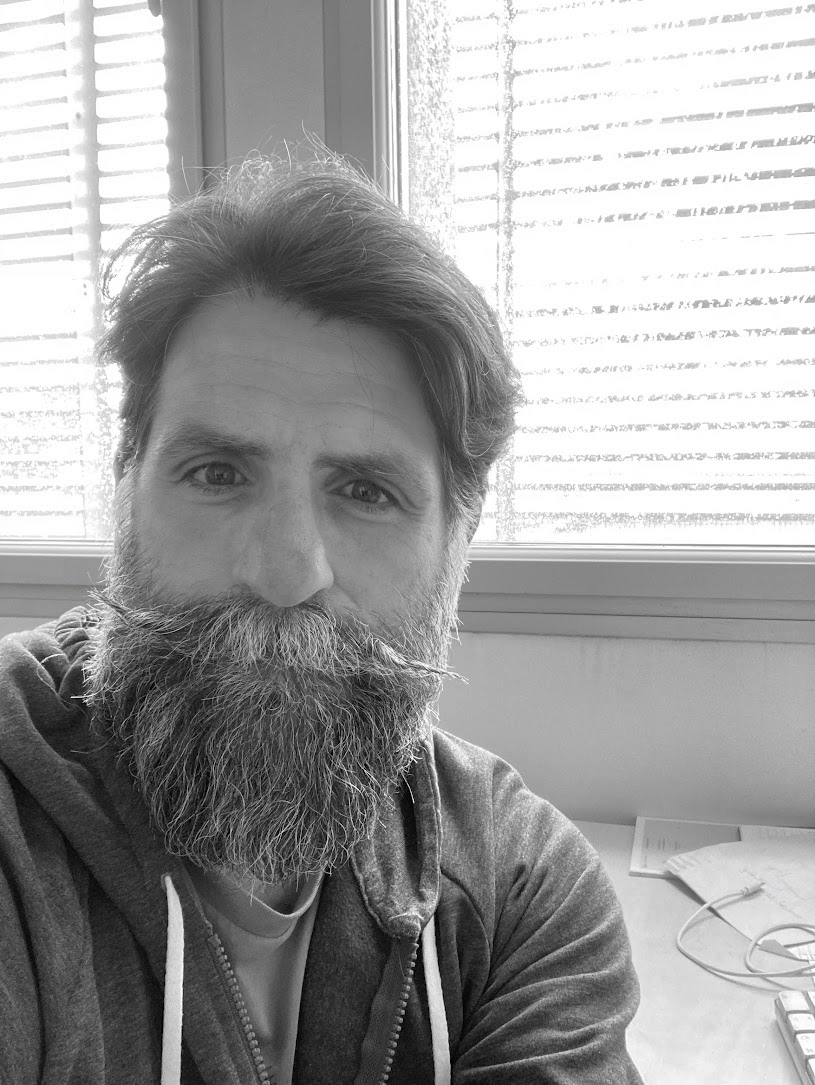
Denis Dupuy
University of Bordeaux, France
Molecular Regulation of Neuronal Differentiation
Denis Dupuy's team focuses on analyzing the molecular bases of cell differentiation in C. elegans, emphasizing post‑transcriptional regulation by alternative splicing. They use transcriptomics, genetics, and bioinformatics to investigate neuron‑specific splicing regulation.
Learn More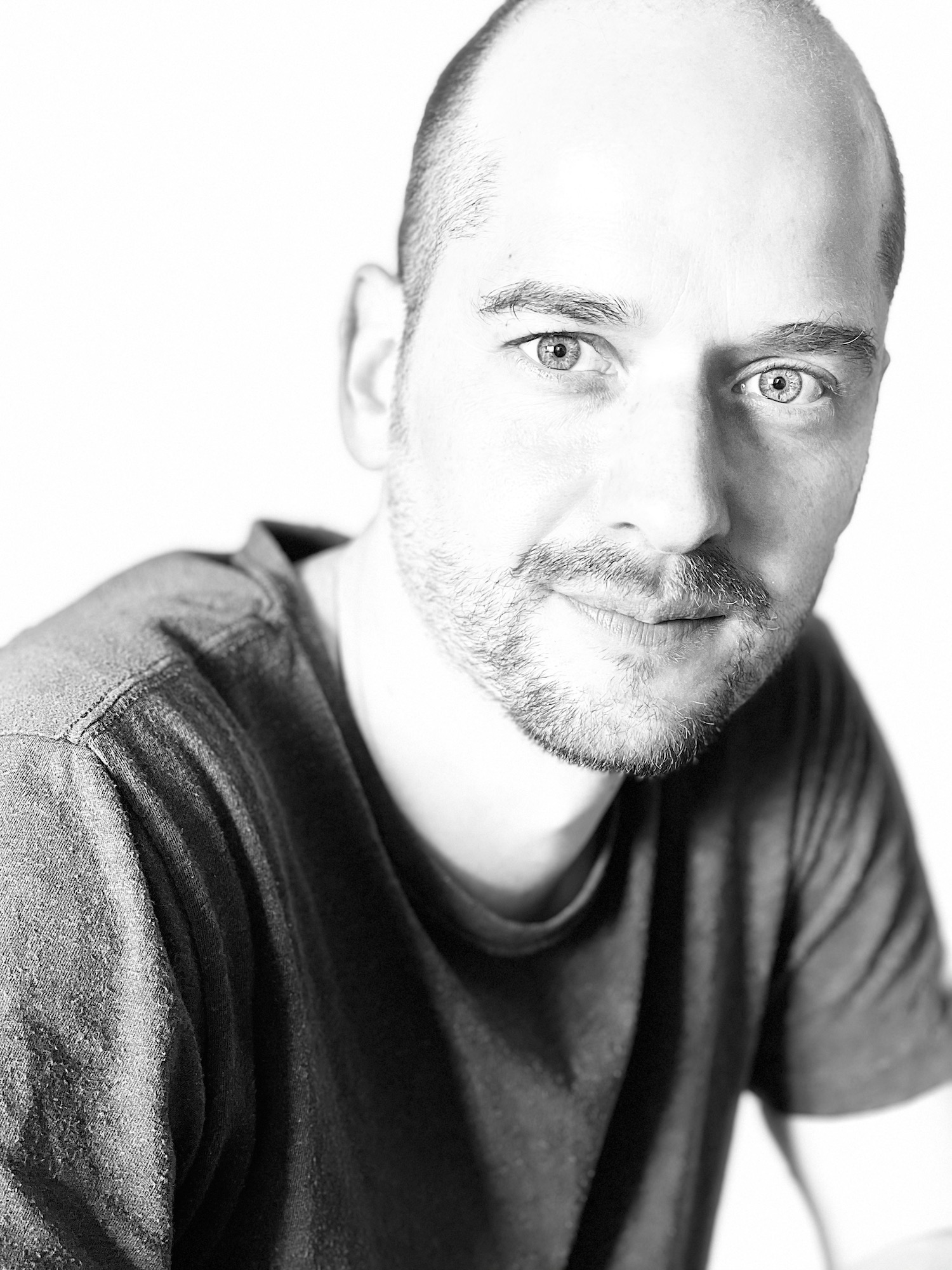
Thomas Boulin
University of Lyon, France
Regulation of Neuronal Excitability
Thomas Boulin’s research revolves around understanding how potassium‑selective ion channels regulate cellular physiology, aiming to elucidate the robustness of neuronal excitability across genders and throughout the lifespan of C. elegans.
Learn More
Mike Boxem
Utrecht University, Netherlands
Cell Polarization and Specialization
Mike Boxem’s lab investigates the processes of polarization and functional specialization in C. elegans using systems biology, live‑cell imaging, and systematic experimental manipulation.
Learn More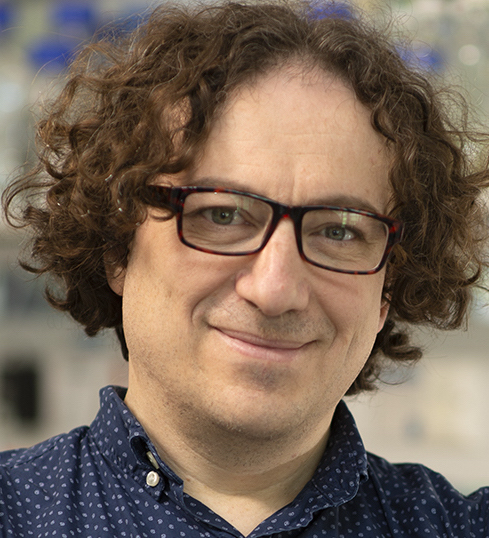
Mario de Bono
Institute of Science and Technology Austria, Vienna
Proteome Analysis of Gap Junctions
The de Bono Group studies the proteome of gap junctions to understand neuronal communication and uncover the molecular mechanisms that regulate neuron functions and plasticity.
Learn More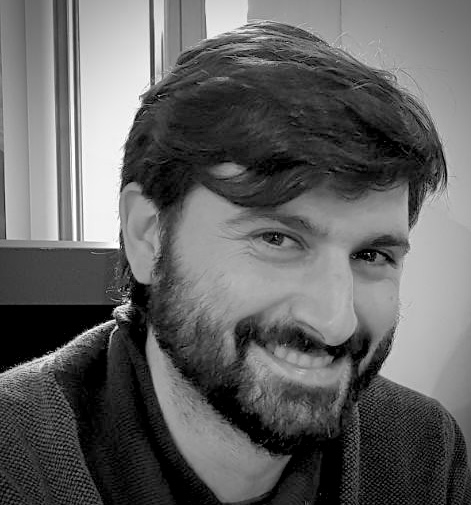
Mirko Francesconi
University of Lyon, France
Neuronal Intergenerational Perception
Mirko Francesconi’s team studies the impact of neuronal intergenerational perception in C. elegans, aiming to understand how ancestral environments influence lifelong phenotypes through transcriptomics and genetics.
Learn More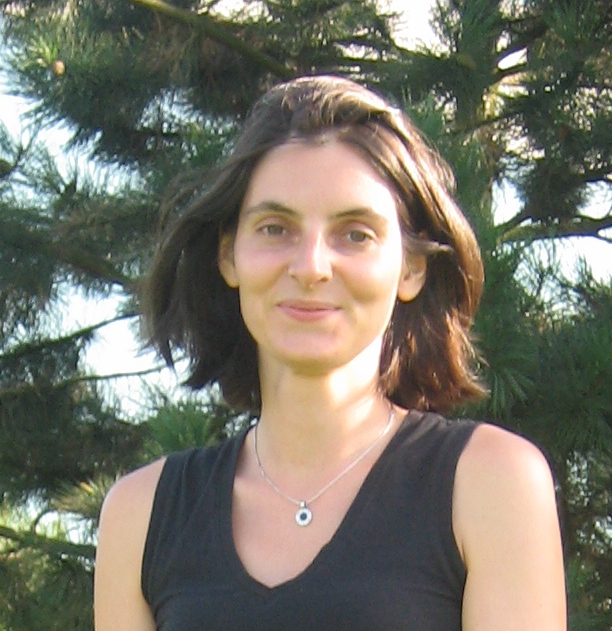
Sophie Jarriault
University of Strasbourg, France
Cellular Reprogramming and Plasticity
Sophie Jarriault’s research explores how cells can change their identity through cellular reprogramming in C. elegans, focusing on the mechanisms that enable a cell to adopt a new identity.
Learn More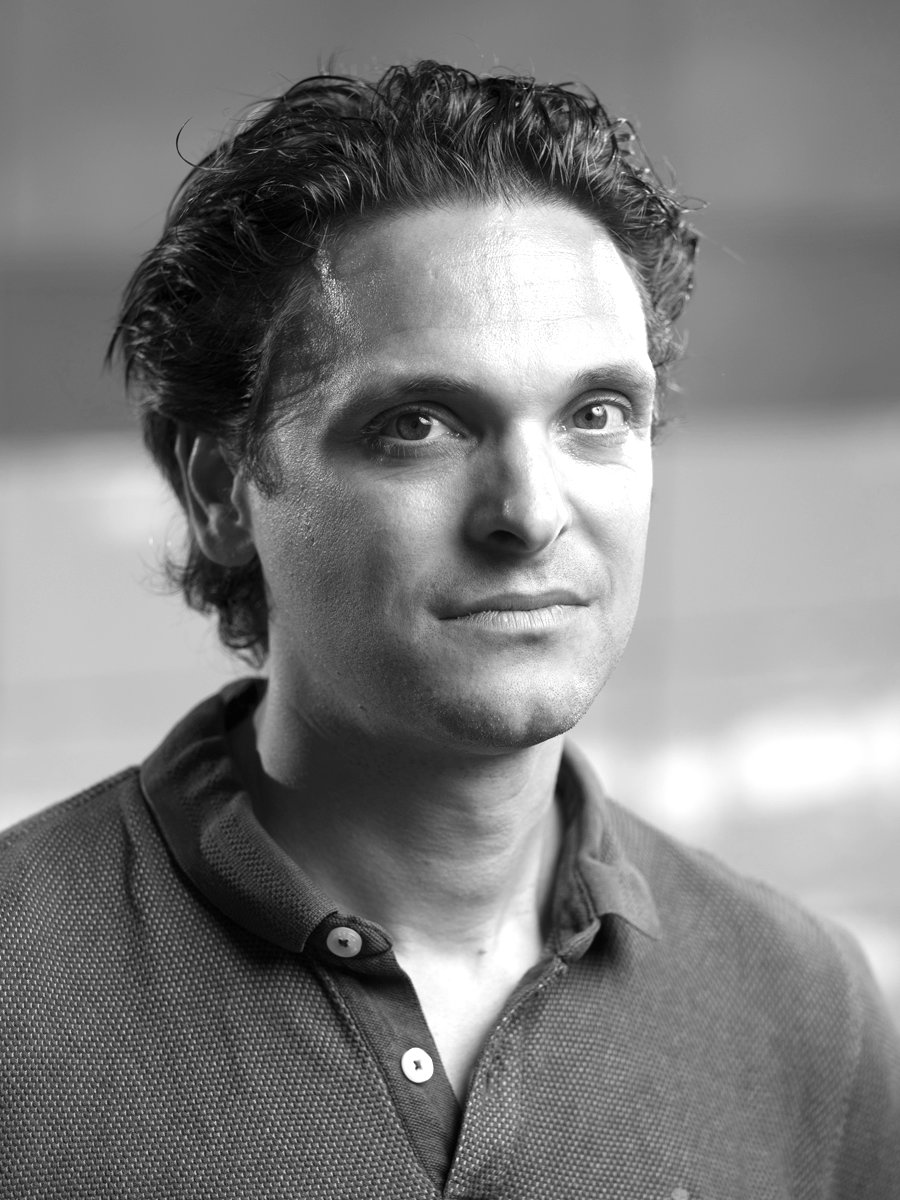
Martin Harterink
Utrecht University, Netherlands
Specification of Dendrite Identity
Martin Harterink’s research focuses on uncovering the molecular and cellular mechanisms that differentiate dendrites from axons.
Learn More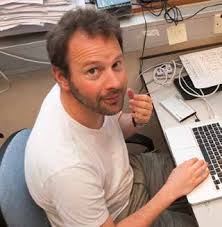
Patrick Laurent
Université Libre de Bruxelles, Belgium
Local Organization of the Synaptic Proteome
Patrick Laurent’s work centers on exploring how proteins are transported within neurons and how their distribution influences neuronal function.
Learn More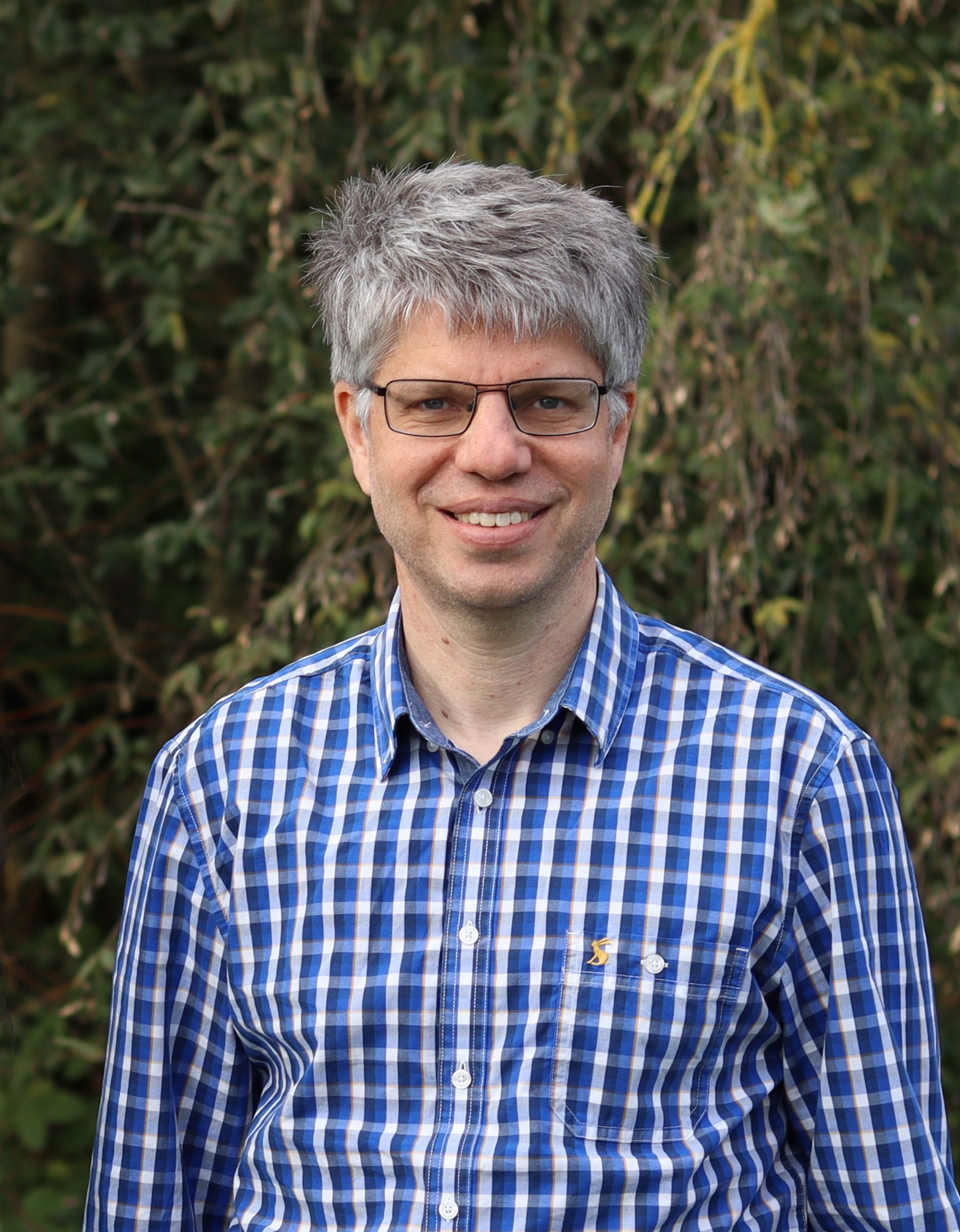
David Weinkove
Durham University, United Kingdom
Decline of Neuronal Function with Age
David Weinkove’s lab at Magnitude Biosciences focuses on developing automated assays to measure the decline of neuronal function with age in C. elegans, aiming to support drug discovery for age‑related diseases.
Learn More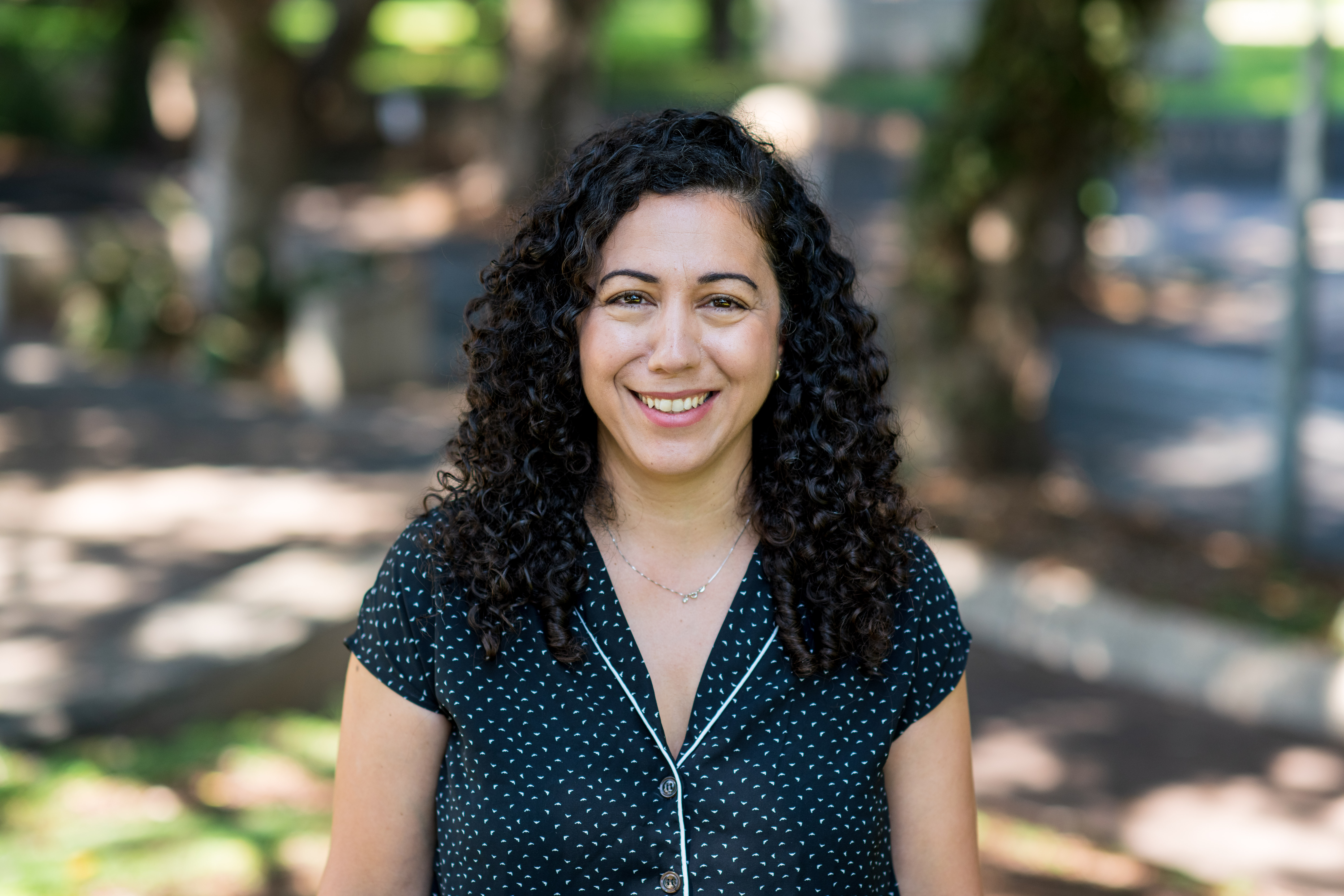
Meital OREN-SUISSA
Weizmann Institute of Science, Israel
The development of sex-specific neuronal features
Despite five decades of research that established a link between genes, circuits, and behavior, we are still far from understanding the molecular and cellular mechanisms that give rise to sexually dimorphic nervous systems. We hypothesize that sex-specific differential gene expression, as determined by the genetic sex, dictates the alternative synaptic choices made by dimorphic neurons and ultimately leads to dimorphic circuits and behaviors.
Learn MoreDoctoral Students

Lisa Anderer
Utrecht University, Netherlands
Unraveling navigation at branchpoints: In vivo live imaging of neuronal transport
Lisa obtained her bachelor’s degree in Biochemistry from Universität Ulm, Germany, and continued her academic journey there with a master’s in Biochemistry. Her master’s thesis, Method for spatial and temporal resolution of RNA translation in yeast, focused on refining approaches to study RNA translation dynamics. Following her studies, Lisa gained additional research experience as a postgraduate associate in the Yogev Lab at Yale University, where she investigated microtubule polarity in C. elegans neurons. Currently, as a PhD candidate, she is exploring neuronal transport mechanisms through in vivo live imaging. Beyond the lab, Lisa has a passion for rowing and remains an avid football fan, even though she no longer plays. Since moving to the Netherlands, she has been on a mission to explore as many new restaurants in Utrecht as possible. While she misses hiking, skiing, and snowboarding, she enjoys discovering the unique charm of her new home.
l.m.anderer@uu.nl
Learn More
Yaren Canten
Utrecht University, Netherlands
Initiation and maintenance of neuronal polarity in C. elegans
Yaren obtained her bachelor's degree in Molecular Biology and Genetics from Middle East Technical University in Turkey before pursuing a Master's in Molecular and Cellular Biology at Ludwig Maximilian University of Munich, Germany. For her master's thesis, she studied the humoral immune response in patients with inflammatory diseases of the central nervous system. After completing her studies, Yaren gained additional research experience through an internship at the European Molecular Biology Laboratory, where she worked on multiplexed imaging and targeted spatial transcriptomics of the bone marrow niche. Currently, her PhD project focuses on the initiation and maintenance of neuronal polarity in C. elegans. Outside of the lab, Yaren enjoys learning new languages, spending quality time with family and friends, and dancing.
y.canten@uu.nl
Learn More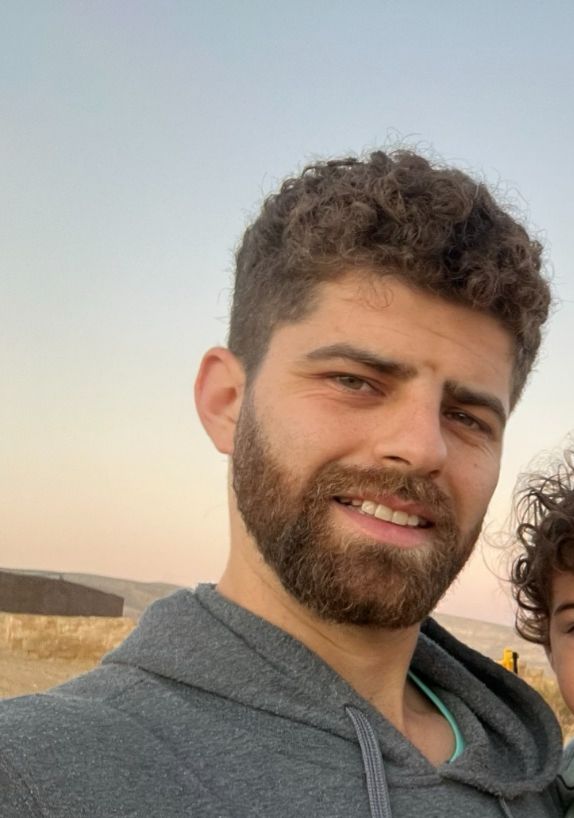
David Kenigsberger
Weizmann Institute of Science, Israel
trans-generational maintenance of dimorphic nociceptive behavior male outliers
David obtained his bachelor's degree in Biology from Tel Aviv University, with an exchange at the Technical University of Munich. He then pursued a master's degree in Environmental Sciences at the Weizmann Institute of Science, where his thesis, Production of alternative glycans via substrate substitution of bacterial cellulose synthase, focused on novel approaches to glycan biosynthesis. Beyond his academic studies, David gained additional research experience at Oded Rehavi’s lab at Tel Aviv University, as well as in a bacteriology lab in a hospital and a genetics lab at MACABI Medical Services. Currently, as a PhD candidate, David is investigating the trans-generational maintenance of dimorphic nociceptive behavior male outliers through his research. Outside the lab, David enjoys dancing to Latin music, cooking, and staying active through various sports. He also has a passion for video games, horseback riding, and even brewing his own beer.
david.kenigsberger@weizmann.ac.il
Learn More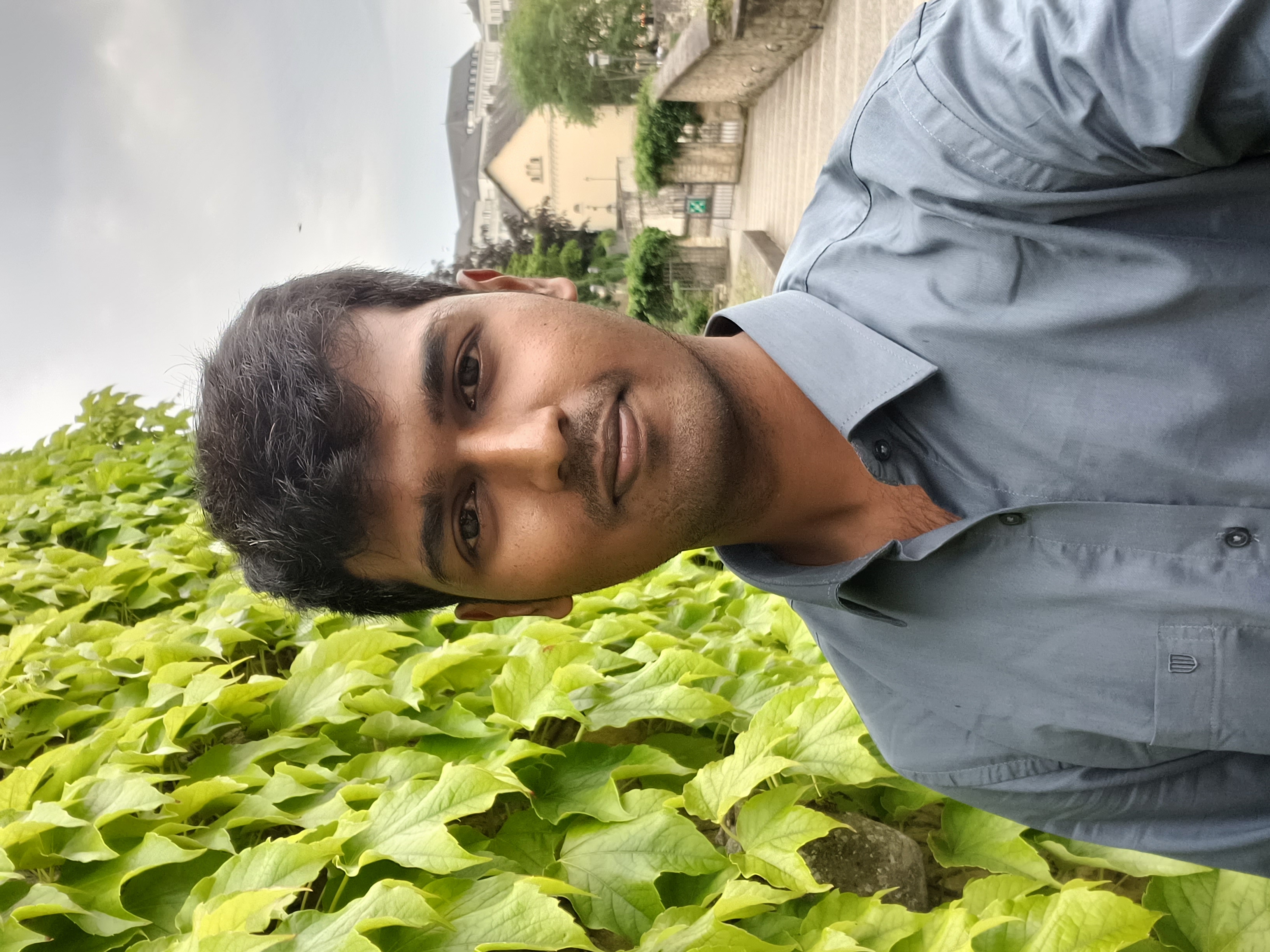
Parichitran
University of Lyon, France
Robustness of neuronal excitability and function across sex and lifespan
Parichitran obtained both a bachelor's and master's degree from SASTRA University, India. During his master's, he focused on developing An electrochemical sensor for efficient detection of uropathogenic Escherichia coli as part of his thesis research. In addition to his academic studies, he gained research experience in epigenetics at the Indian Institute of Science, India. Currently, as a PhD candidate, Parichitran is investigating the robustness of neuronal excitability and function across sex and lifespan. Beyond research, he is passionate about travel and adventure, always seeking new experiences and exploring different places.
Parichitran@gmail.com
Learn More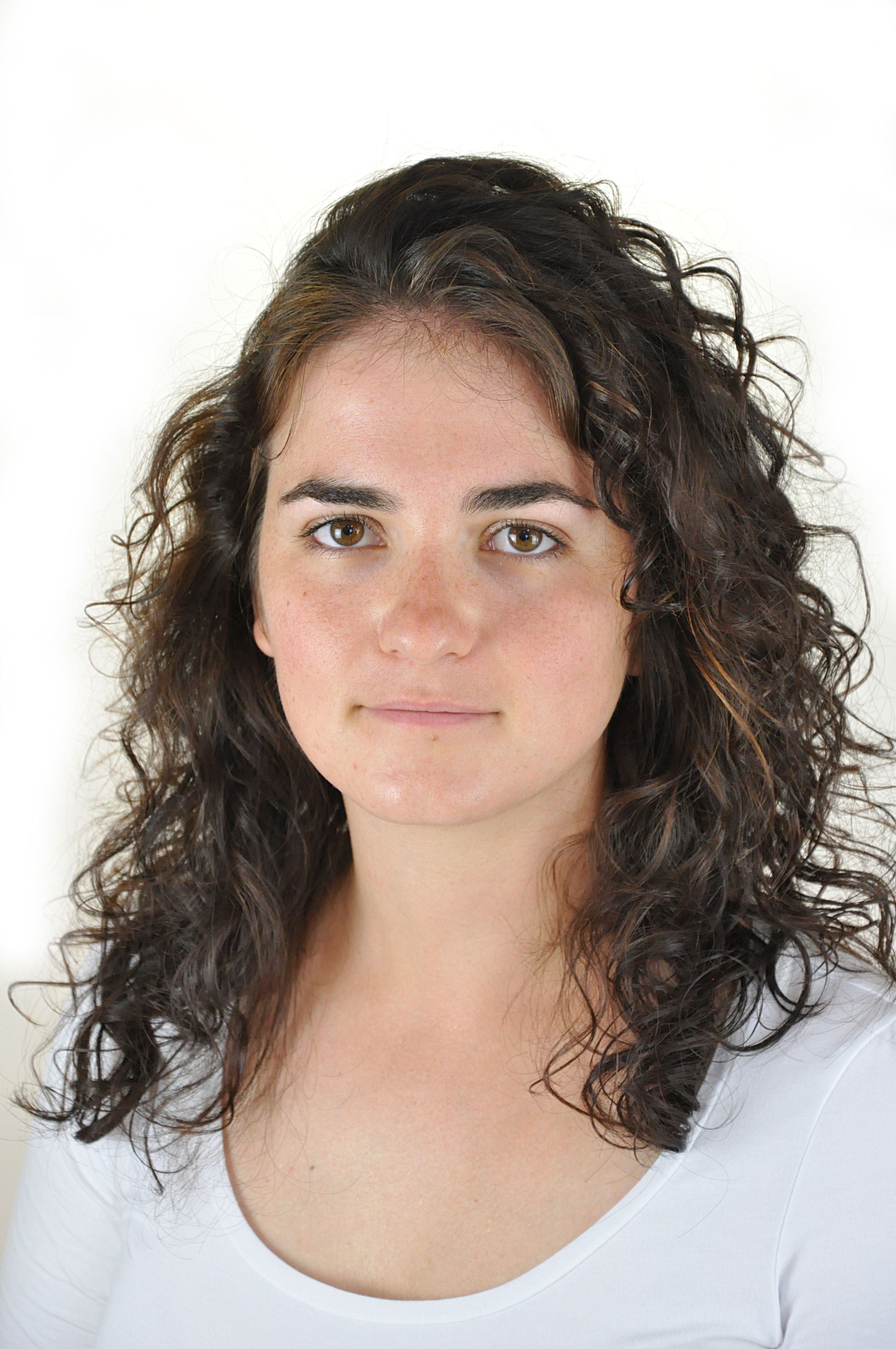
Anna Pellizzer
Institute of Science and Technology Austria, Vienna
Into the Unknome: elucidating the role of neuronal ER proteins
Anna obtained her bachelor's degree in Biotechnology from the University of Trento before pursuing a master's in Medical Pharmaceutical Biotechnology at the University of Genova. Her master's thesis, Development of Selective KCC2 Modulators for Brain Disorders, was conducted at the Italian Institute of Technology (IIT), where she worked on identifying potential therapeutic strategies for neurological diseases. Between her bachelor's and master's studies, she gained additional research experience at the Deutsches Zentrum für Neurodegenerative Erkrankungen (DZNE) in Bonn, Germany. There, she was introduced to C. elegans as a model organism and investigated the role of components of the Mitochondrial Calcium Uniporter (MCU) in longevity and aging. Anna is currently pursuing her PhD with a project focused on unraveling the functions of previously uncharacterized neuronal ER proteins and their roles in cellular homeostasis and neurodegeneration. Beyond the lab, Anna is a passionate foodie and an avid climbing enthusiast. She loves spending quality time with friends and embracing new experiences, always eager to discover new flavors and adventures.
anna.pellizzer@ist.ac.at
Learn More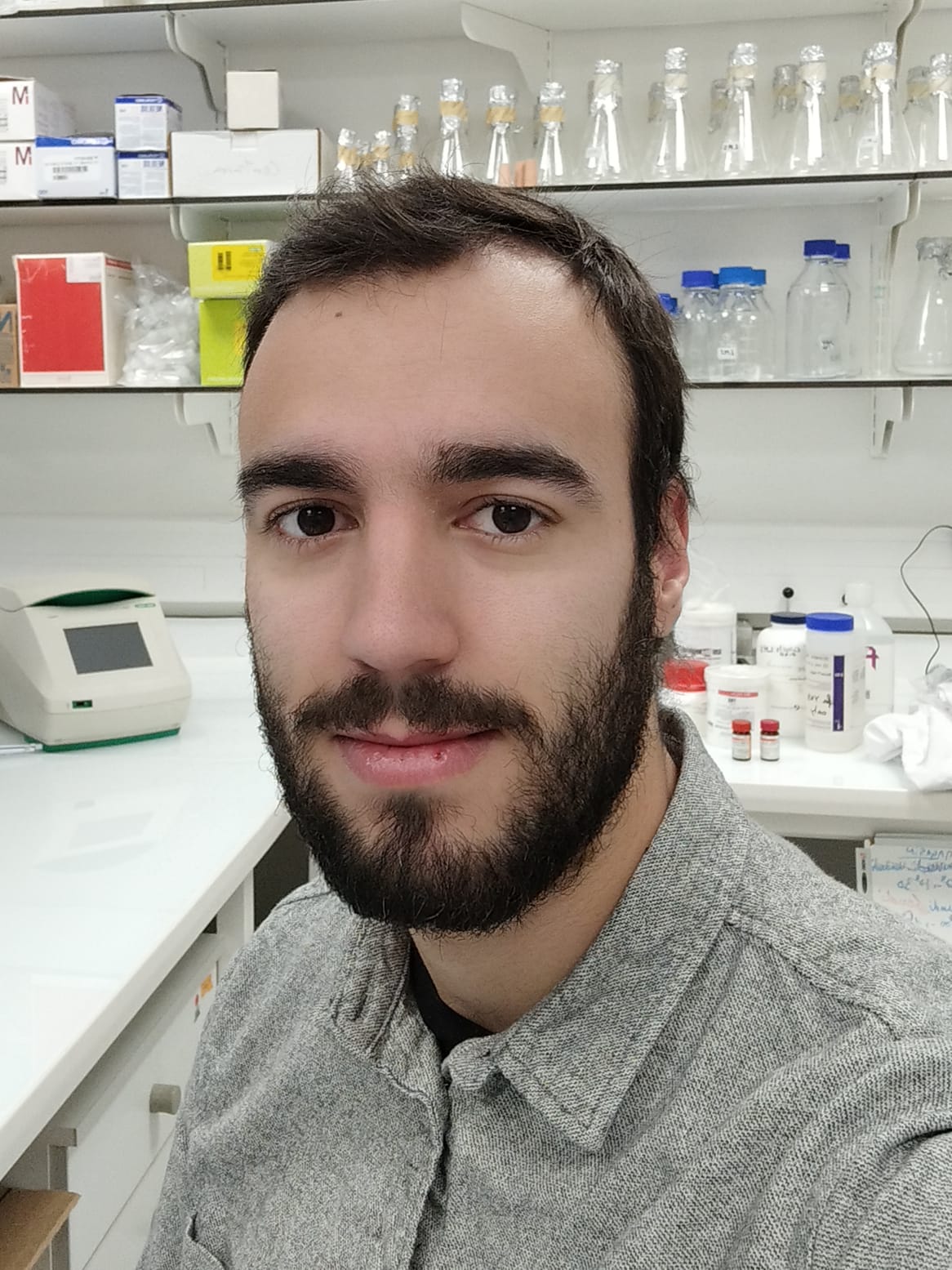
Carlos Vedor
University of Bordeaux, France
Characterization of C. elegans neuron-specific splicing regulation through full-length transcriptomic approaches
Carlos obtained his bachelor's degree in Biochemistry from the University of Minho, Portugal, where he later pursued a master's in Molecular Genetics. His master's thesis, Pluripotent Stem Cells as a Tool to Model Parkinson's Disease in vitro, focused on using stem cells to study neurodegenerative disease mechanisms. During his undergraduate studies, Carlos gained additional research experience through two summer internships in a medicinal chemistry lab, where he synthesized purine molecules to evaluate their potential against Leishmaniasis and various cancers. Currently, as a PhD candidate, Carlos is exploring C. elegans neuron-specific splicing regulation through full-length transcriptomic approaches. Outside the lab, Carlos enjoys working out, with a particular passion for basketball. He also loves listening to music, traveling, and discovering historical places.
carlos.goncalves-vedor@inserm.fr
Learn More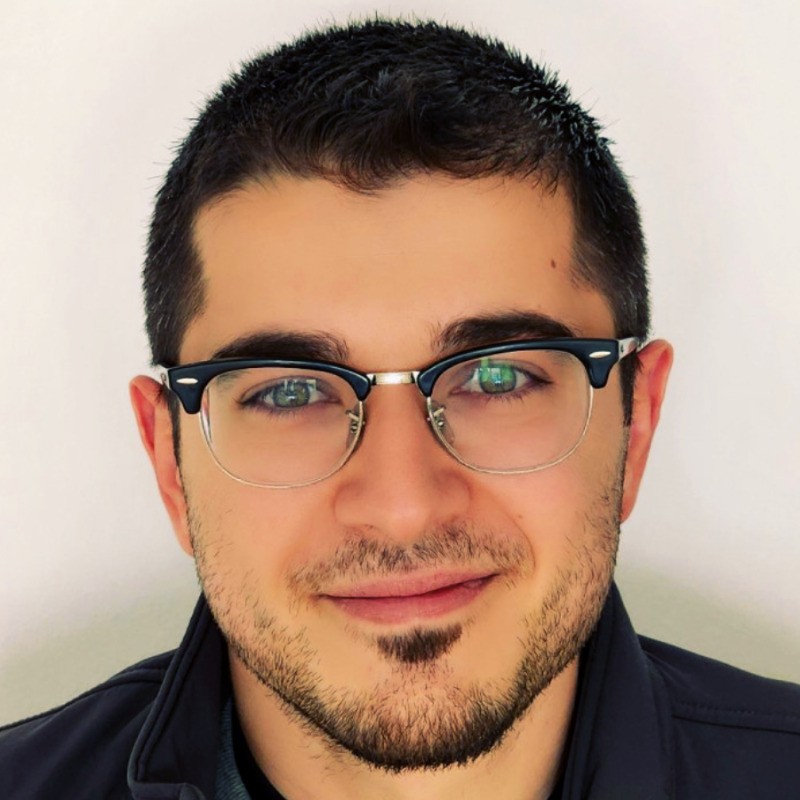
Chad Yanyatan
Magnitude Biosciences, United Kingdom
Measuring Decline of Neuronal Function with Age to Develop New Therapies for Age-Related Disease
Chad obtained his bachelor's degree in Biology from Kean University in NJ, USA, and continued his studies there with a master's degree in Biotechnology. His master's thesis, titled Inhibition of Glioblastoma Multiforme Cell Invasion in a Co-culture with Macrophages Utilizing Multiple Assays, focused on understanding and preventing the invasive properties of cancer cells. After completing his master's, Chad spent two years at Bilkent University in Ankara, Turkey, working on a project titled Functional and transcriptomic analyses of the interaction between CHRNA5 and TP53-MYC on isogenic breast cancer cell lines. Currently, as a PhD candidate, Chad is studying the decline of neuronal function with age in order to develop new therapies for age-related diseases. Outside of his research, Chad has a passion for football (soccer), having been a former player, and enjoys activities like meditation and prayer, weightlifting (though he regrets it afterward), listening to podcasts and audiobooks, and occasionally playing the guitar, though he admits his guitar skills are still a work in progress.
yn.cagdas@gmail.com
Learn MoreTiago Piconez
Utrecht University, Netherlands
Exploring the role of Ankyrins in C. elegans
Tiago obtained his bachelor's degree in Criminal and Forensic Science from Lisbon, Portugal, before pursuing a Master's in Biomedical Research at NOVA Medical School, Portugal. For his master's thesis, titled Branched actin controls APP endosomal sorting: Implications for Alzheimer's Disease, Tiago investigated the role of actin dynamics in cellular processes related to Alzheimer's disease. During his studies, he also gained valuable experience working on retinal development in Zebrafish at Instituto Gulbenkian Ciência (IGC). Currently, as a PhD candidate, Tiago is exploring the role of Ankyrins in C. elegans, focusing on their function in cellular organization and neurobiology. Outside of the lab, Tiago enjoys spending time with friends, going on hikes and camping, and during the summer in the Netherlands, he loves relaxing by the lakes.
piconezt@gmail.com
Learn More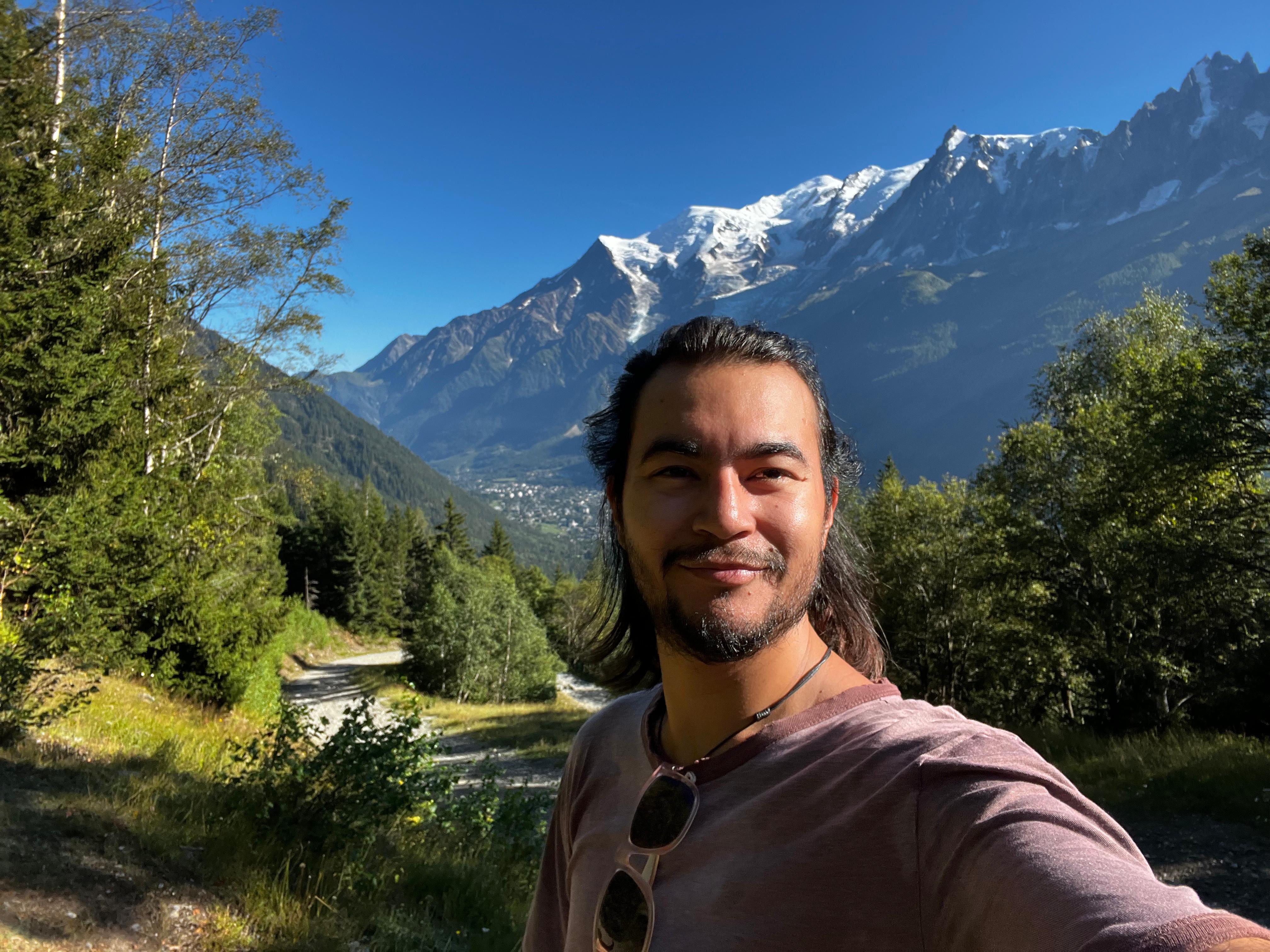
Claudio Lopez
University of Lyon, France
Understanding the transgenerational impact of social environment perception in C. elegans
Claudio obtained his bachelor's degree in Biology from Universidad Autónoma Metropolitana in Mexico City, before pursuing an MSc in Integrative Biology at the Center for the Research and Advanced Studies of the IPN (CINVESTAV) in Mexico. His master's thesis, titled Population genomics and ecology of yeasts associated with traditional agave fermentation in Mexico, focused on understanding the genetic diversity and ecological roles of yeasts used in agave fermentation. Claudio also gained additional research experience through a summer internship at the Institute of Science and Technology of Austria (ISTA) in Vienna, where he worked on evolutionary neuroscience in fruit flies. Currently, as a PhD candidate, Claudio is investigating the transgenerational impact of social environment perception in C. elegans, exploring how early environmental factors can affect offspring behavior. Outside of the lab, Claudio enjoys playing the guitar and congas, reading about history, philosophy, and science, and spending time outdoors, especially visiting natural parks and connecting with nature.
claudio.lopez@ens-lyon.fr
Learn More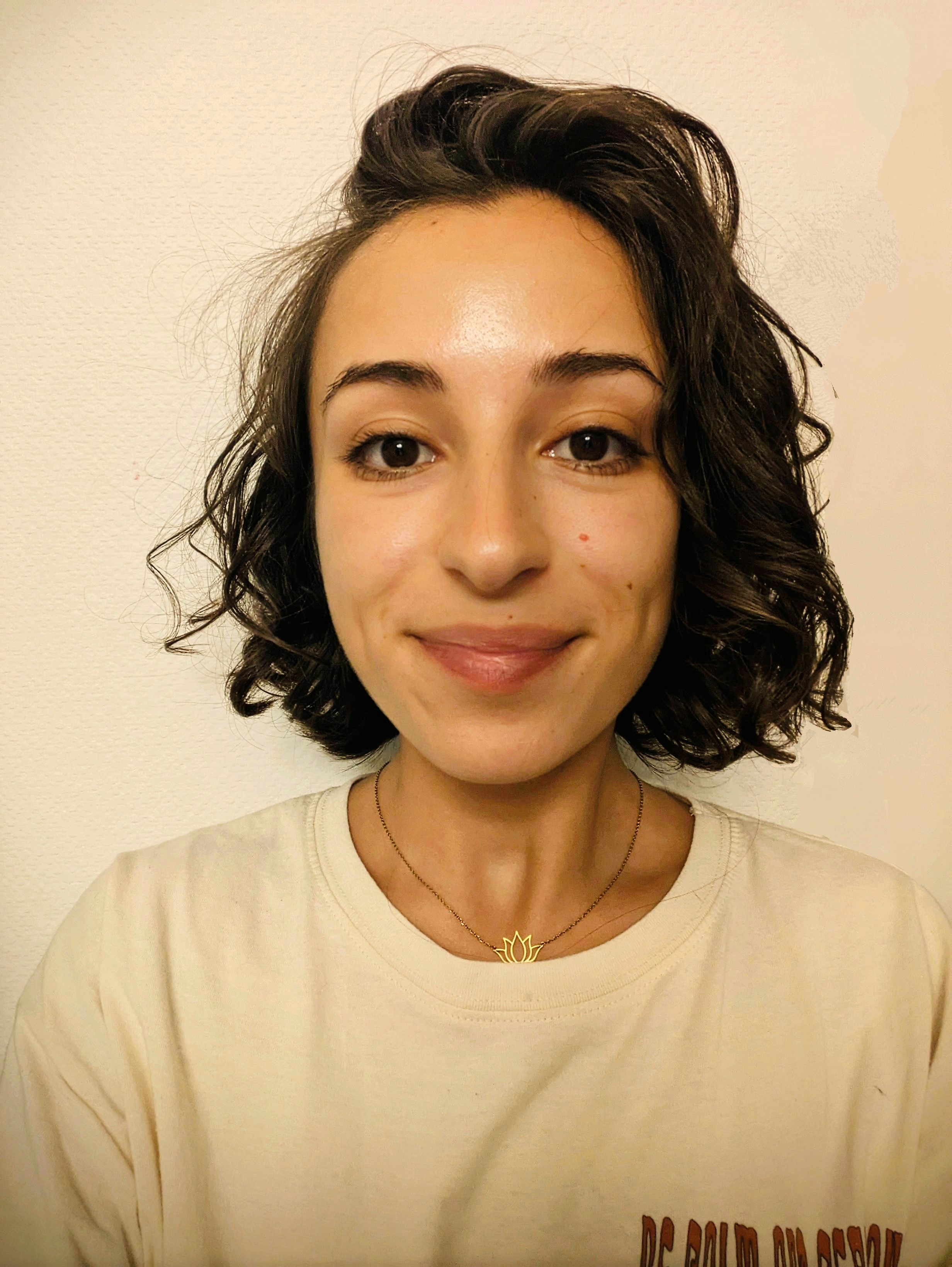
Debbie Warrington
University of Strasbourg, France
The Cellular States and Trajectory of a Naturally Transdifferentiating Cell
Debbie obtained her Bachelor of Science (Hons.) in Medical Biochemistry from the University of Malta, where she also completed her Master of Science in Biochemistry. Her master's thesis, titled Defining a Small Molecules Differentiation Cocktail for Generation of Dopaminergic Neurons from Wharton’s Jelly Mesenchymal Stem Cells, focused on developing a differentiation protocol for stem cells to create dopaminergic neurons. During her master’s studies, Debbie contributed to two significant COVID-19 research projects at the University of Malta. The TargetID project aimed to identify genes regulating molecules with altered expression post-SARS-CoV-2 infection, focusing on potential drug targets for preventing cytokine storms, while the CoVplex project studied the immune response in the Maltese population, ultimately contributing to the development of a blood test for vaccine surveillance. Currently, Debbie is pursuing her PhD project, The Cellular States and Trajectory of a Naturally Transdifferentiating Cell, where she is studying the process of cellular transdifferentiation. Outside of her academic pursuits, Debbie enjoys spending time in nature, whether it’s hiking, skiing, or dancing. She is also a music enthusiast and dreams of learning to play an instrument, while her love for learning and acquiring new knowledge remains a constant passion.
debbiewarrington.bc@gmail.com
Learn More
Aditee Dandekar
Université Libre de Bruxelles, Belgium
Synaptic Vesicle Clustering in C. elegans
Aditee earned her bachelor's and master's degrees in Biochemistry from Ramnarain Ruia Autonomous College in India. During her master's research, she conducted a comparative study of the menstrual cycle between athlete and non-athlete females. To further develop her research skills, she interned in Dr. Prof. Sandhya Koushika's lab at the Tata Institute of Fundamental Research, where she gained valuable experience in neuroscience. Currently, her PhD project focuses on the local organization of the synaptic proteome. Outside the lab, Aditee is a former international gymnast and a passionate fitness enthusiast. She also enjoys indulging in good food while listening to soulful music.
aditee.dandekar@ulb.be
Learn More